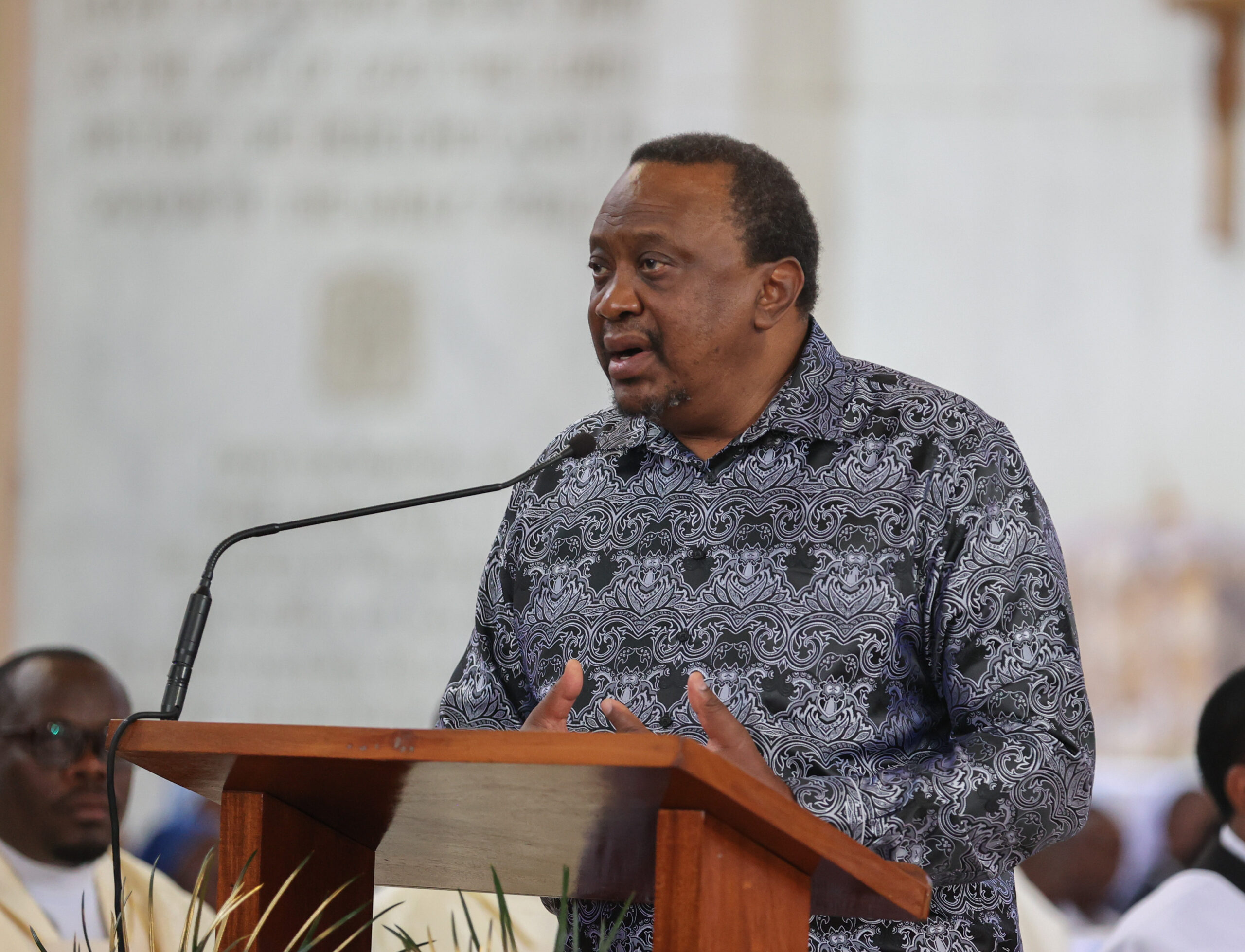
Why Kenyatta empire’s tax-exempt Expressway deals have Kenyans alarmed » Capital News
NAIROBI, Kenya, Jul 30 — A section of Kenyans have expressed outrage over revelations that the Kenyatta family business empire benefited from tax exemptions and key contracts in the construction of the Nairobi Expressway, fueling fears of a repeat scenario in the planned Mombasa–Nairobi Usahihi Expressway project.
The backlash follows a tax dispute between the Kenya Revenue Authority (KRA) and Edge Worth Properties Ltd, a firm registered under Rose Wamaitha Ng’ote, whom the Tax Appeals Tribunal identified as a proxy for Enke Investments, the beneficial owner at the heart of the Kenyatta family business network.
The Tribunal ruled against KRA on several tax demands, effectively acknowledging Enke Investments’ tax-exempt status.
It also emerged that Edge Worth supplied land and construction materials for the Nairobi Expressway, a project undertaken through a public-private partnership (PPP) with China Road and Bridge Corporation (CRBC) during former President Uhuru Kenyatta’s tenure.
In 2022 alone, Edge Worth declared Sh1 billion in dividends payable to Enke Investments, whose listed owners include former First Lady Mama Ngina Kenyatta, Muhoho Kenyatta, and Goodison Trust Corporation.
The revelations have sparked claims of deep-seated conflict of interest and profiteering from public projects.
“It’s not the ‘Kenyattas’ Nairobi Expressway.’ It is a PUBLIC ROAD,” said political activist and lawyer Miguna Miguna, who labeled the transaction “brazen theft of public resources” and called for the prosecution of those involved.
“Despot Uhuru Kenyatta and his family members should be in jail, and the trillions of shillings of public money and resources they have looted returned with interest. The tolling must stop forthwith. Kenyan motorists deserve refunds!” he added.
Businessman Alinur Mohamed echoed Miguna’s sentiments, calling for Uhuru Kenyatta’s prosecution for “financial crimes against Kenya” now that he no longer enjoys presidential immunity.
A section of motorists also raised concerns over toll charges on the Nairobi Expressway, which range from Sh170 to Sh500, representing a 38 per cent increase from initial estimates.
The controversy has reignited debate over conflict of interest in state projects, coming months after President William Ruto vetoed the Conflict of Interest Bill, 2023, as he proposed stringent measures barring public officials and their families from doing business with the government.
The President argued that MPs watered down the bill by weakening the Ethics and Anti-Corruption Commission (EACC) and allowing senior state officers — including MPs, Cabinet Secretaries, governors, and parastatal heads — to participate in government tenders.
The revelations on the Kenyatta empire’s involvement in the Nairobi Expressway have stoked suspicion over the planned 419-kilometre Mombasa–Nairobi Usahihi Expressway, another PPP project that has faced public scrutiny over its awarding process and projected costs.
Critics have alleged that the Kenyatta family has interests in the project through Cale Infrastructure Construction Company Limited, which took over Edge Worth Properties after its registration under Rose Wamaitha Ng’ote.
The project, projected to cost Sh468 billion including Sh129 billion in locally sourced funding, would allow private investors to recoup their investment through toll collections along the highway.
However, the project hit a roadblock after failing to meet criteria outlined under Section 43(5) of the Public-Private Partnership Act, which requires detailed evaluation of the project before contracting.
The Usahihi Expressway team, however, promised transparency in reviewing the project before its commitment.
“Feasibility studies are still under review by the Kenya National Highways Authority (KeNHA), the Public-Private Partnership Directorate, and the National Assembly,” the team said in a statement denying speculations on the findings.
For critics, however, the Nairobi Expressway case underscores the need for strong conflict of interest laws to prevent politically connected families from leveraging state projects for private gain.